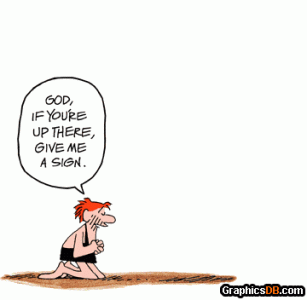As for empirical evidence, what would you require? Any experiences I or others relate will be annecdotal to you, which you said was not acceptable.
Well, anecdotal evidence is rarely acceptable, with the exception of a person reporting on their personal perception or emotional states (as no one else can experience those states)...but then the epistemology of testimony and correct interpretation of the sensory data applies.
What makes it more difficult is that religious experiences are so often very different from one another. They don't report the same happenings, yet will assume the same entities or forces are behind their experiences.
The proper empirical evidence would be an entity that repeatedly, and under scrutiny, could display the powers attributed to it. This would be empirical evidence.
How then do you get valid empirical data? Could you provide a hypothetic example?
I guess if God found it important enough, he could show himself to the scientific community in an obvious way. I find religion to be awfully subtle if it is true...like God is hiding himself. I mean, God supposedly just wants our love...so why does he make it so hard to even confirm his existence? My friend argues that "you're using a human standard, you have to use God's standard in this," but that seems to put the cart before the horse...and not only that, but I AM human, so a human standard is all I really have.
The example above is really the kind of thing it will take. It has to be consistent, it has to be communicable, and it has to be obvious. God is a pretty extraordinary claim, and extraordinary claims require extraordinary evidence...you would believe me if I told you I had 5lbs of salt in my room as that is not extraordinary, but you would require a LOT more proof (direct observational evidence probably) if I told you I had 5lbs of Plutonium...as that's extraordinary.

